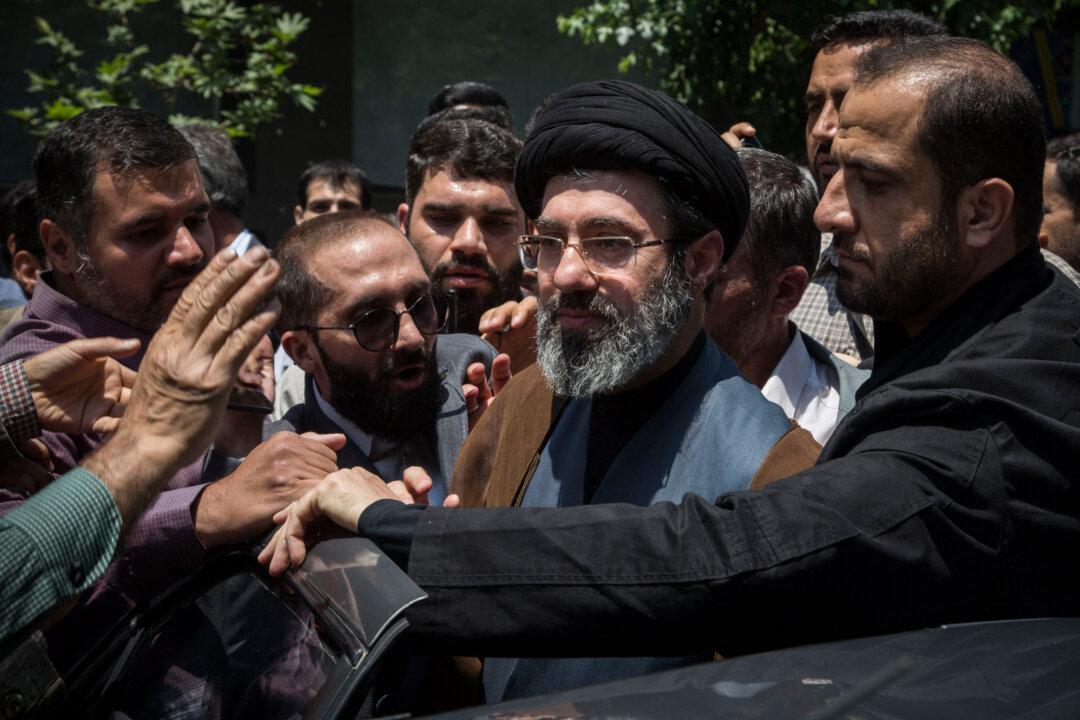WASHINGTON—A Hillary Clinton campaign lawyer lied to two CIA officers in 2017 when presenting data he claimed showed that President Donald Trump was linked to a Russian bank, a former CIA officer testified in federal court on May 20.
The officer, who was referred to as Kevin P., told the court that he and another officer, Steve M., met with Michael Sussmann, the lawyer, on Feb. 9, 2017, at the headquarters of the spy agency in Langley, Virginia.






